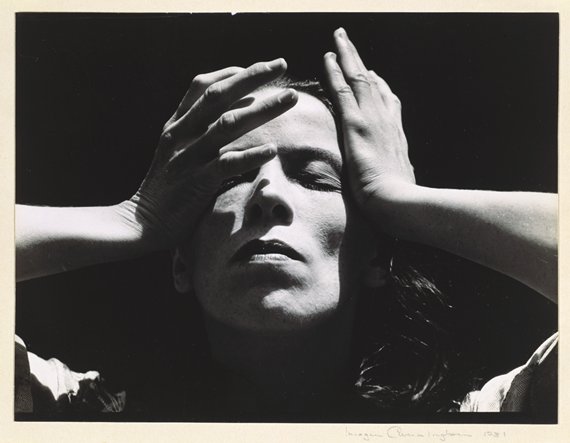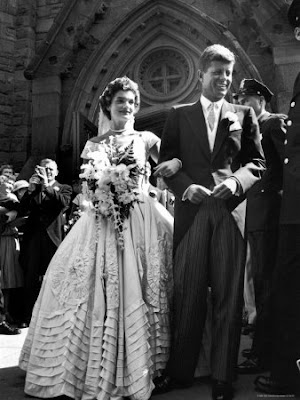Amazing Women Photographer of the past!
adventures in married life
Friday, October 29, 2010
0 Comments
Imogen Cunningham
(1883 - 1976)
Cunningham was born in Portland, Oregon. While studying at the University of Washington in Seattle, that she was inspired by an encounter with the work of Gertrude Käsebier to take up photography again. With the help of her chemistry professor, Dr. Horace Byers, she began to study the chemistry behind photography; she subsidized her tuition by photographing plants for the botany department.
After graduating in 1907 she went to work with Edward S. Curtis in his Seattle studio. This gave Cunningham the valuable opportunity to learn about the portrait business and the practical side of photography. In Seattle she opened her own studio and won acclaim for portraiture and pictorial work. Most of her studio work of this time consisted of sitters in their own homes, in her living room, or in the woods surrounding Cunningham's cottage.
In San Francisco, Cunningham refined her style, taking a greater interest in pattern and detail as seen in her works of bark textures, trees, and zebras. Cunningham became increasingly interested in botanical photography, especially flowers, and between 1923 and 1925 carried out an in-depth study of the magnolia flower. Later in the decade she turned her attention towards industry, creating several series of industrial landscapes throughout Los Angeles and Oakland.
Cunningham became one of the co-founders of the Group f/64, which aimed to “define photography as an art form by a simple and direct presentation through purely photographic methods”.
In 1934 Cunningham was invited to do some work in New York for Vanity Fair. Her husband wanted her to wait until he could travel with her but she refused and they later divorced. She continued her work with Vanity Fair until it stopped publication in 1936.
In the 1940s Cunningham turned to documentary street photography which she did as a side project while supporting herself with her commercial and studio photography. In 1945, Cunningham was invited by Ansel Adams to accept a position as faculty at the first fine art photography department at the California School of Fine Arts.
(1883 - 1976)
An American photographer known for her photography of botanical, nudes and industry.
After graduating in 1907 she went to work with Edward S. Curtis in his Seattle studio. This gave Cunningham the valuable opportunity to learn about the portrait business and the practical side of photography. In Seattle she opened her own studio and won acclaim for portraiture and pictorial work. Most of her studio work of this time consisted of sitters in their own homes, in her living room, or in the woods surrounding Cunningham's cottage.
In San Francisco, Cunningham refined her style, taking a greater interest in pattern and detail as seen in her works of bark textures, trees, and zebras. Cunningham became increasingly interested in botanical photography, especially flowers, and between 1923 and 1925 carried out an in-depth study of the magnolia flower. Later in the decade she turned her attention towards industry, creating several series of industrial landscapes throughout Los Angeles and Oakland.
Cunningham became one of the co-founders of the Group f/64, which aimed to “define photography as an art form by a simple and direct presentation through purely photographic methods”.
In 1934 Cunningham was invited to do some work in New York for Vanity Fair. Her husband wanted her to wait until he could travel with her but she refused and they later divorced. She continued her work with Vanity Fair until it stopped publication in 1936.
In the 1940s Cunningham turned to documentary street photography which she did as a side project while supporting herself with her commercial and studio photography. In 1945, Cunningham was invited by Ansel Adams to accept a position as faculty at the first fine art photography department at the California School of Fine Arts.




















































































